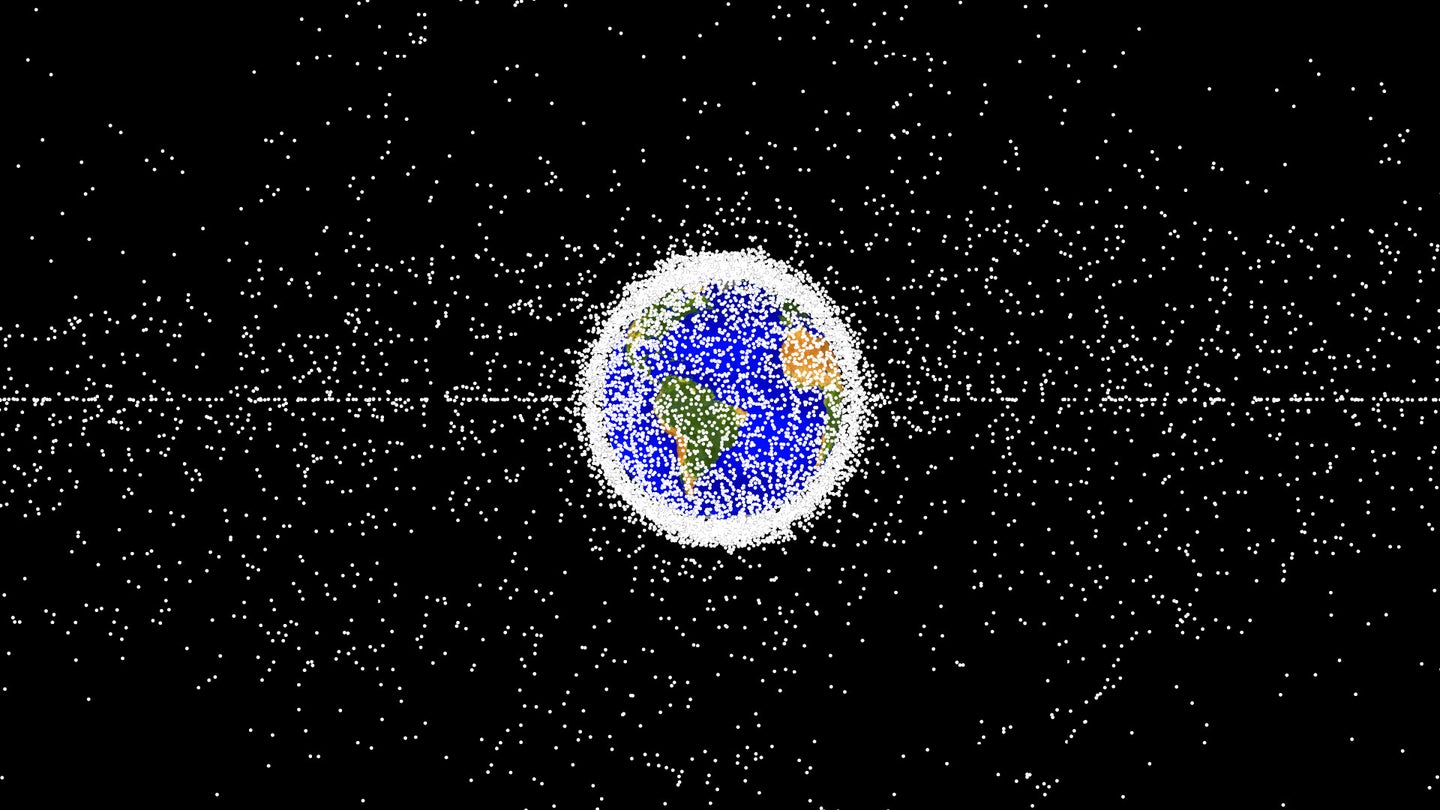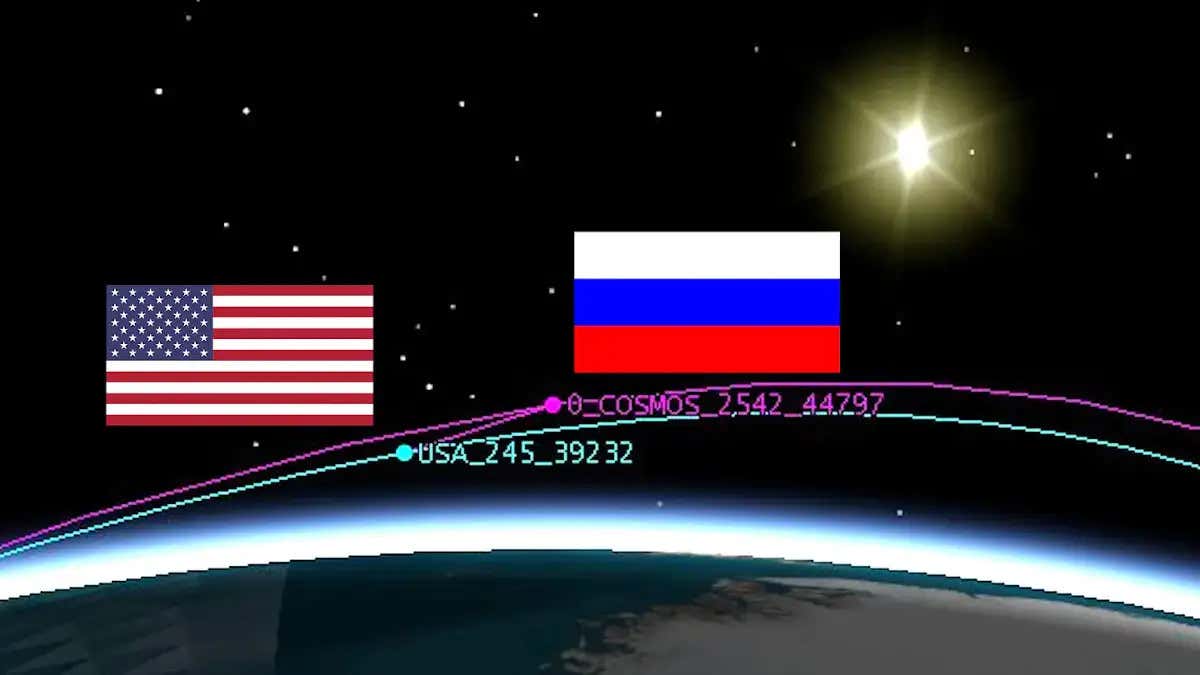

Russian Anti-Satellite Test Produces Dangerous Debris Cloud In Orbit (Updated)
U.S. Space Command has confirmed a "debris-generating event," which now presents a potential risk to the International Space Station.

A graphical representation of the position of the Russian satellite Cosmos 2542 with regard to the American satellite USA 245 in January 2020.
That satellite "behaved similar to previous Russian satellites that exhibited characteristics of a space weapon, conducted maneuvers near a U.S. Government satellite that would be interpreted as irresponsible and potentially threatening in any other domain," according to a press release from Space Command in April 2020. A subsequent statement from that command in December 2020 described the event as having actually "demonstrated an on-orbit kinetic [ASAT] weapon."

An infographic depicting the various ways in which one satellite might attack another in orbit.
If Russia did indeed deliberately destroy Kosmos-1408 in an ASAT test, it would only further underscore how real this threat is now and how it will only become more of an issue as time goes on. Earlier this month, Russian Defense Minister Sergei Shoigu announced that President Vladimir Putin had ordered the development of new air and missile defense system known as the S-550. . ."
============================================================================
Visualizations show the extensive cloud of debris Russia’s anti-satellite test created
It’s going to be a problem for years, if not decades
Our best hope for tracking this material comes from a mixture of different sensors — from ground-based radar stations to optical telescopes. However, it’s probably going to be some time before even the most sophisticated trackers know where everything is. . .And as all of these satellites pieces decay in orbit over time, they will continue to pose a risk for the space station and other satellites. All it takes is just one collision with a fast-moving piece of debris to potentially knock out a functioning satellite. . ."
===========================================================================
Russia’s top brass reports on successfully striking defunct satellite in tests

As Russia’s defense agency emphasized, the US new space strategy aims "to create an all-out military advantage in outer space and, therefore, the Russian Defense Ministry is carrying out planned measures to strengthen the country’s defense capability.
"On November 15, the Defense Ministry of Russia successfully conducted a test, in which the Russian defunct Tselina-D satellite in orbit since 1982 was struck," the statement says.
As the ministry pointed out, the fragments emerging after the defunct Tselina-D Soviet-era satellite was destroyed during the tests will not pose any threat to orbital stations, satellites and space activity.
"The United States knows for certain that the emerging fragments at the time of the test and in terms of the orbit’s parameters did not and will not pose any threat to orbital stations, satellites and space activity," the ministry said.
The satellite’s fragments were entered into the chief catalog of the Russian space control system and immediately placed under surveillance until they cease to exist," the statement says.
"Earlier, such tests in outer space were already conducted by the United States, China, and India," the Defense Ministry of Russia said."
/cdn.vox-cdn.com/uploads/chorus_image/image/70166183/Screen_Shot_2021_11_19_at_10.35.00_AM.0.png)


No comments:
Post a Comment